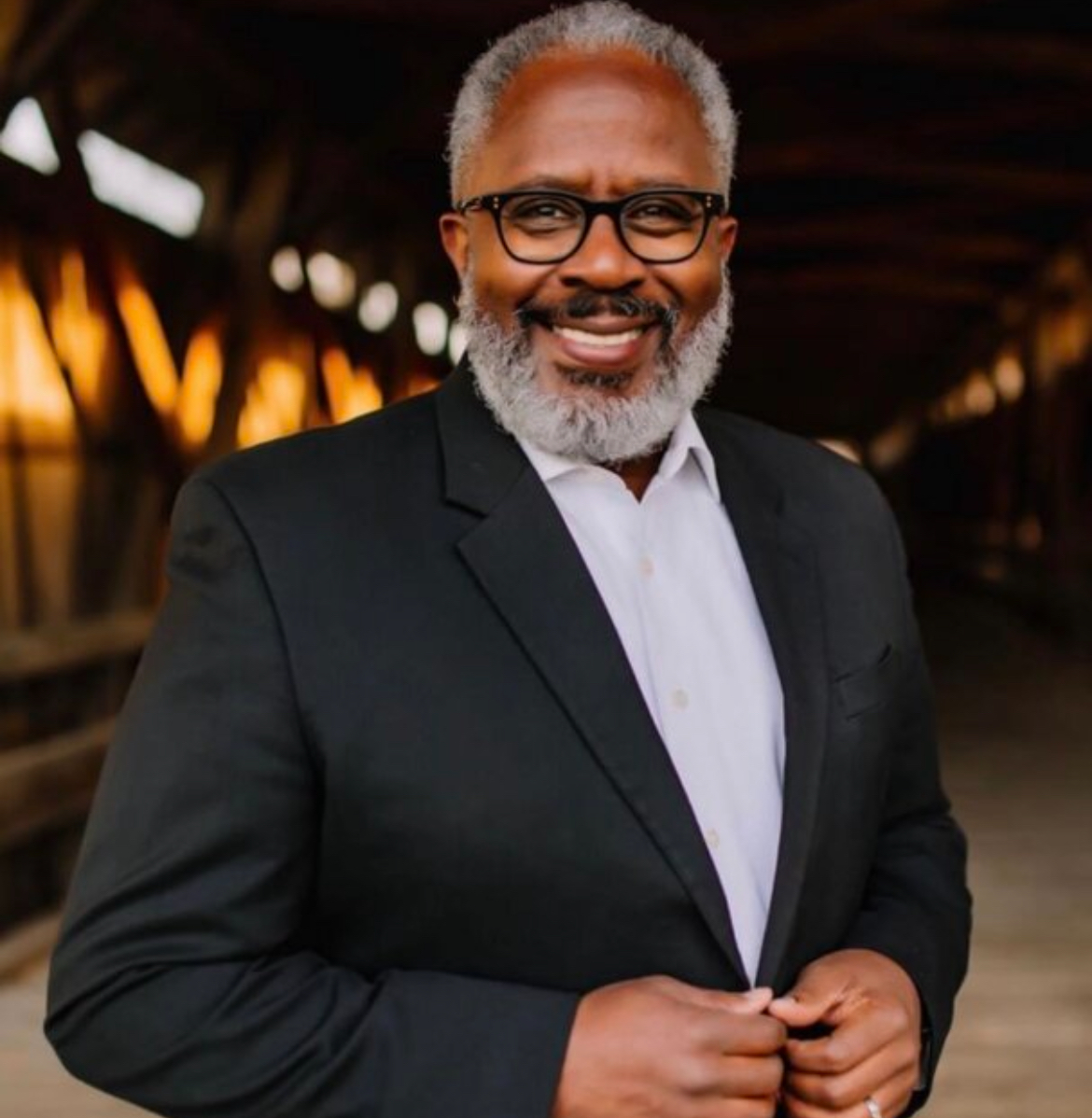This year Baltimore Center Stage (BCS) partnered with the Maryland Department of Juvenile Services to launch the Juvenile Justice Theater program. Running from Oct. through the end of April at Baltimore City Juvenile Justice Center, program staff believe it was a success and are already planning to bring it back.
Throughout the duration of the program, teaching artists went to the detention center once a week to host an hour-long session with some of the young men there. Teaching artists used improv games, story prompts, and reflection questions to help the detained youth share their stories with their own words. Lead teaching artist Erin Margaret Pettigrew said that it was very important for them to be able to speak with their own agency.
“Oftentimes we will be in a place where people will speak for us, on behalf of us or assume things about us. But there is nothing more true and more honest than when somebody is able to speak about who they are from their own agency with confidence and clarity,” Pettigrew said.
The idea for this program was created by the Artistic Director at BCS Stevie Walker-Webb. He wanted to expand programming into the city so that even the youth who can’t physically come to the theater can still reap the benefits of an arts education. Fellow lead teaching artist Hope Jamila Hayson says that their main goal was to get the young men in the detention center to let their guard down and have fun.
“One goal at the very core is to have fun. These young men are in a situation where they have to hold that youthfulness inside and not let it out. Theater is supposed to be fun and actually open that up,” Hayson said .
Both agreed that they saw many of the young men make great progress in becoming more confident and surer of themselves. Pettigrew attributes this to the relaxing environment they created during their sessions.
“If we create a space that allows you to show up as yourself, then it is also a space that allows yourself to change into where you want to go. We can end up there together,” Pettigrew said.
While the pilot program has ended, BCS does plan on bringing it back to the Baltimore City Juvenile Justice Center as well as a separate detention center for young women. During this break period they will be creating a set curriculum based on what activities worked best during this first year.
“We want to start using this curriculum not just in the city but in the counties and other detention centers so that we can offer this outlet of telling our stories to not just one to place. We can start to spread it throughout Maryland and not just stay in Baltimore,” Pettigrew said.
Anyone who wishes to donate to the Juvenile Justice Theater Program can do so through BCS’ The Next Act Campaign, which is collecting donations for all of their up and coming arts education programs.







































































































